There’s a small corner of Clerkenwell where the communist dream never died. The Marx Memorial Library has been in its big, classical 1738 building — originally a school for children of Welsh artisans living in poverty — for 83 years. The library was set up in 1933, the 50th anniversary of Karl Marx’s death.
British Marxism and communism have faded, but the library still has a brigade of staunch supporters. Jeremy Corbyn, whose constituency is just up the road in Islington, is a regular visitor. To tour the library is to return to the 1930s when communism was at its height — when Philby, Burgess, Maclean and Blunt were full of gleaming-eyed optimism about the wonders of Soviet Russia. The library (annual membership £20) specialises in Marxism, the working-class movement, anti-fascism and the Spanish Civil War. It owns a full run of the Daily Worker and the Morning Star.
One wall of the library is decorated with a 1934 mural by the Earl of Huntingdon — the ‘Red Earl’ — a pupil of Diego Rivera. The title of the mural is beyond parody: ‘The Worker of the Future Clearing away the Chaos of Capitalism’. In the picture, a muscly Welsh miner tears down the Houses of Parliament, while Lenin looks on approvingly.
Lenin worked in the building from 1902 to 1903, where he edited the Russian revolutionary periodical ISKRA (‘The Spark’), which was then smuggled into Russia. His office — a small, modernist-Edwardian–minimalist room — has been preserved. London was packed with communist revolutionaries a century or so ago. Lenin lived in Percy Circus, near King’s Cross. Marx lived in Kentish Town while he was writing in the British Library; Engels was in Primrose Hill. Ho Chi Minh, the future communist leader of Vietnam, worked in the Carlton Hotel on Haymarket as a dish-washer in 1913.
It shows how relaxed the British were about having revolutionaries on their doorstep. And it’s a reminder of how Clerkenwell has long been a home to radical thought — and radical printers and publishers. Before it housed the Marx Memorial Library, the building was home to the Twentieth Century Press, subsidised by William Morris. During its time on Clerkenwell Green, the Twentieth Century Press produced the earliest English editions of works by Marx and Engels.
Communist London depended, like everything else in life, on property prices. These days, your average Marxist magazine editor (or communist dish-washer) couldn’t hope to move anywhere near Primrose Hill or Haymarket. Anyone who still lazily refers to Islington as a hotbed of leftie thought is way out of date. Unless you’ve been living in the borough for more than 30 years — like Jeremy Corbyn — you could never afford to live in Islington on a political activist’s wage.
The Marx Memorial Library is a gripping time capsule, free of pastiche or whimsy. And it’s due a lot more examination — not least because 2018 is the 200th anniversary of Marx’s birth; and next year marks the centenary of the Russian Revolution. How odd it is that both the revolution — and Karl Marx — were fostered in these quiet, peaceable corners of north London.
Got something to add? Join the discussion and comment below.
Get 10 issues for just $10
Subscribe to The Spectator Australia today for the next 10 magazine issues, plus full online access, for just $10.

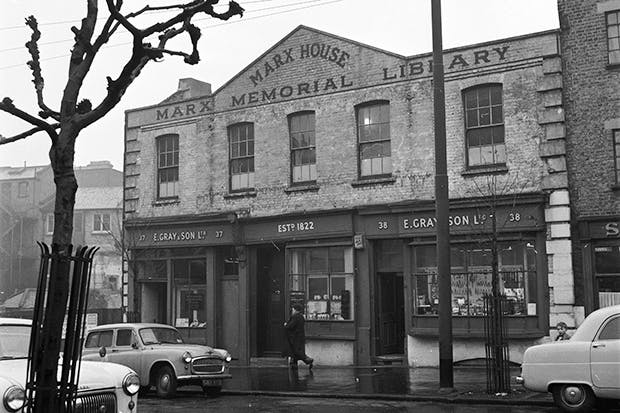
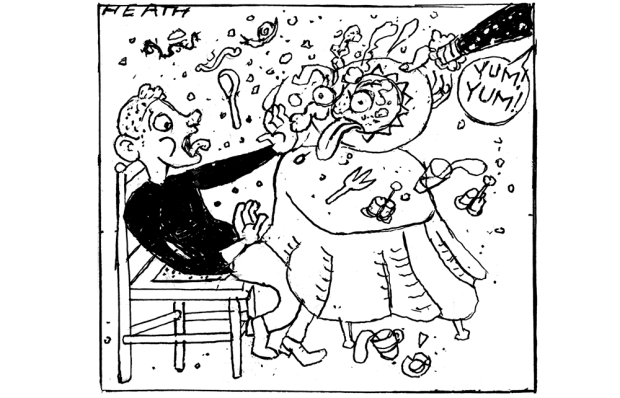

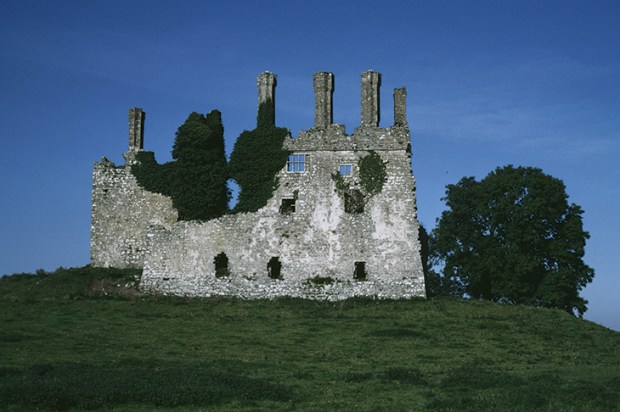
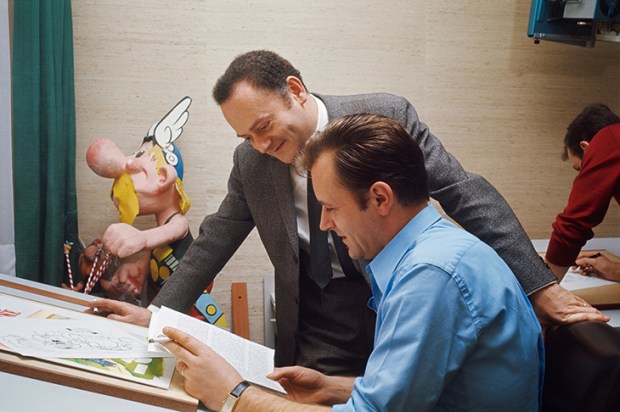

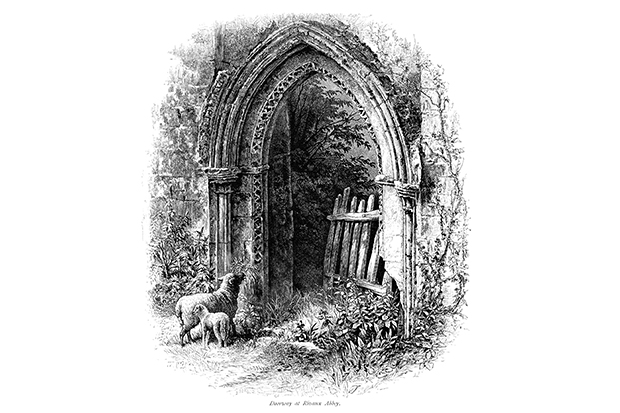






Comments
Don't miss out
Join the conversation with other Spectator Australia readers. Subscribe to leave a comment.
SUBSCRIBEAlready a subscriber? Log in